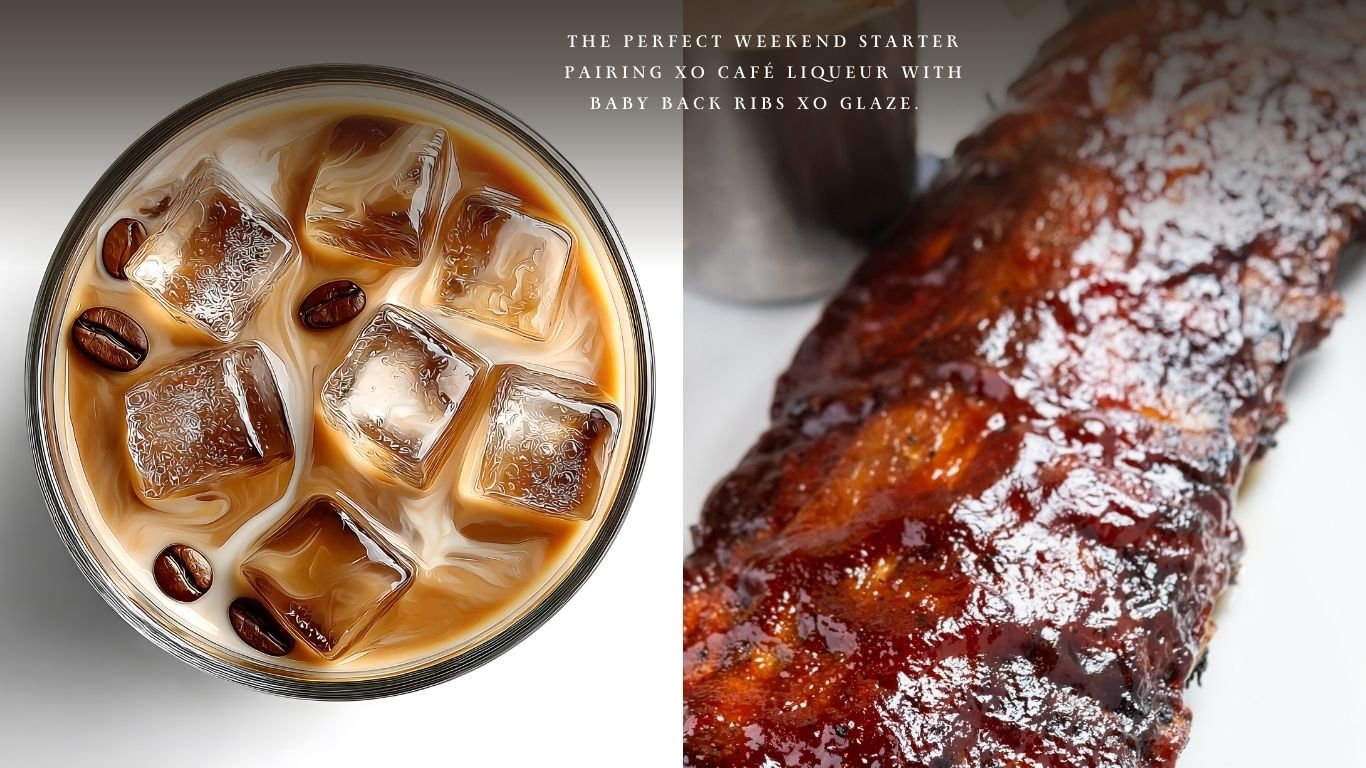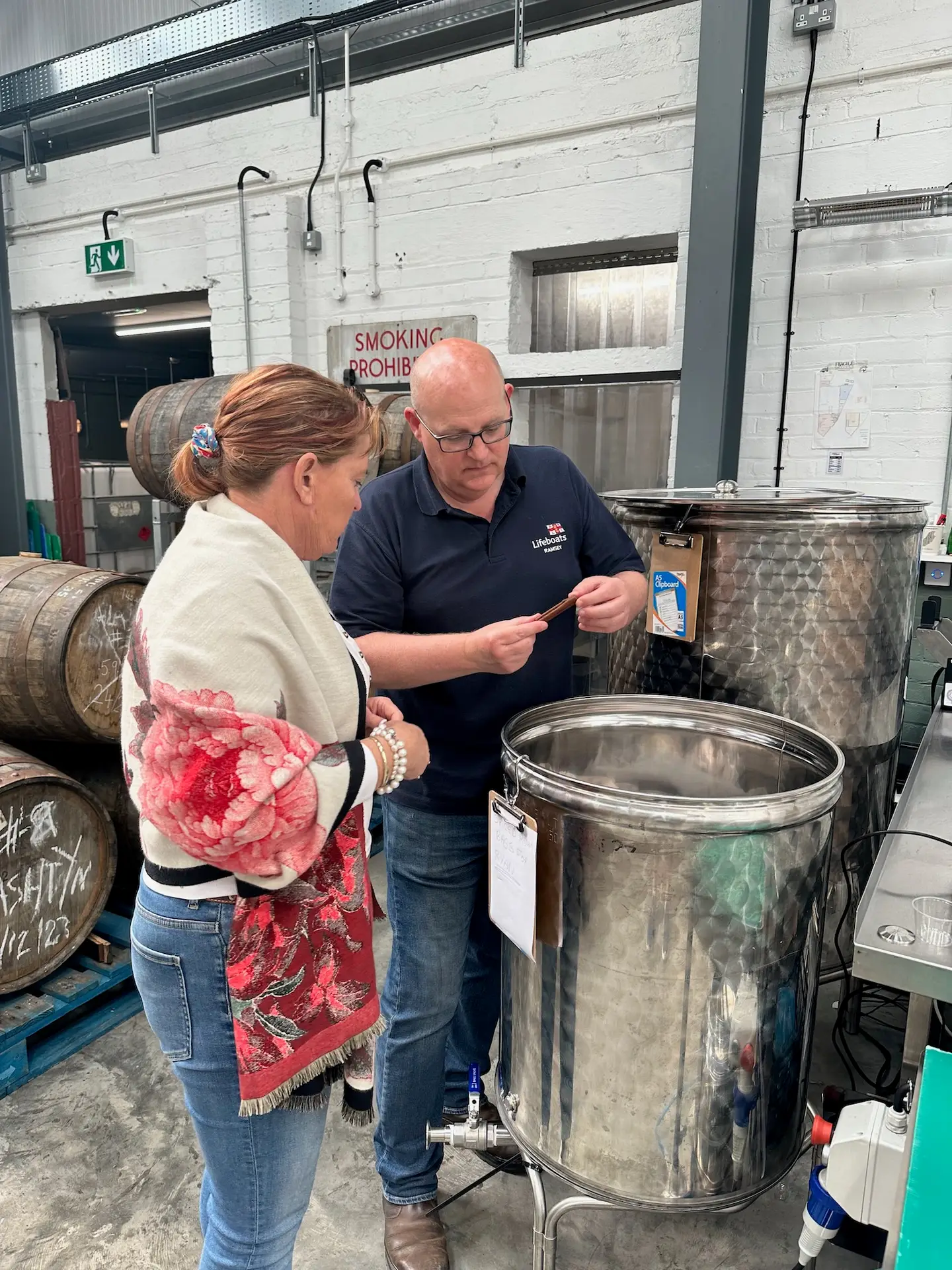Why distillers need to look after their body to ensure a great gin is made.
The conversation around cuts is familiar and foundational among professional distillers. The precision with which we move from heads to hearts and then hearts to tails defines not only the quality but the distinct identity of our gin. It’s a balancing act—equal parts chemistry, sensory acuity, and intimate knowledge of the still’s temperament.
For me, the art of cutting isn’t just technical—it’s deeply personal. It reflects a respect for the process, the ingredients, and the integrity of the final spirit. I’m seeking a heart that is expressive yet clean, vibrant but smooth. Cut too early, and I lose complexity. Cut too late, and I risk fusel oils and harsh notes creeping in. Every Gin Batch speaks its own language and reminds us that there is no autopilot in craft distillation, as we found trying to calculate our cuts for batch 6 mathematically. Every batch needs every cut analysed, tasted, and aroma assessed for worthiness for the final product.
Interestingly, this same principle of balance applies to our own well-being—something not often spoken about in production circles but just as critical. Long hours, hot still rooms, and repeated tastings take a toll on a distiller’s body. And for those of us actively involved in product development and quality control, our bodies become part of the instrumentation—our palate, our energy levels, our focus.
That’s why, particularly before an intensive gin run, I pay close attention to my nutrient intake. Vitamins like B1 (thiamine), B2 (riboflavin), B6 (pyridoxine), folic acid, and C (ascorbic acid) all support metabolic and neurological health. They also play key roles in how the liver processes alcohol—vital for those of us who nose and taste across multiple stages of a run.
Likewise, maintaining adequate levels of phosphate, magnesium, potassium, sodium, calcium, and zinc supports hydration, muscle function, and overall endurance—essentials when working in high-heat environments or managing long production windows.
Just as we wouldn’t cut corners with a distillation, we shouldn’t ignore the condition of the distiller. Our sensory systems are only as sharp as the care we invest in ourselves. For those of us who value the integrity of the craft, self-maintenance is part of the equation—because, at the end of the day, *we* are part of the still.
Distilling is discipline—and so is looking after the distiller.







